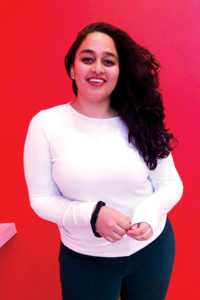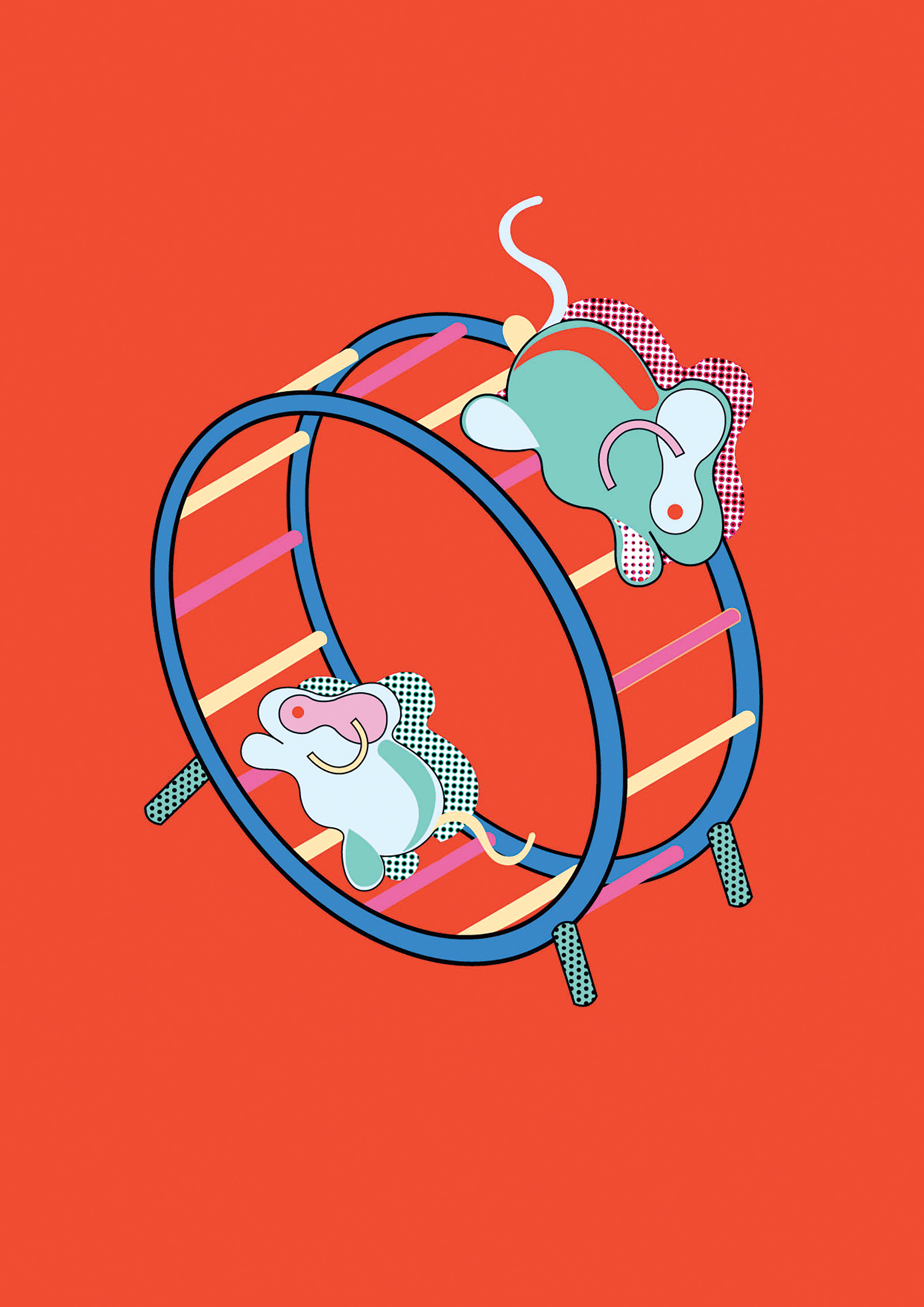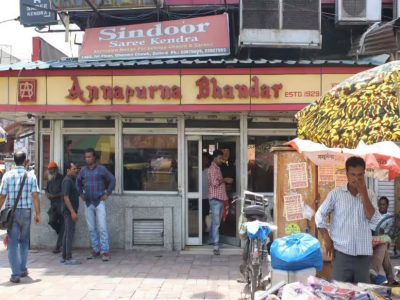Profile of Simoul Alva, whose training at NID helped her attain professional recognition
For Simoul Alva, drawing and painting were a crucial part of her academic journey since the age of three. Regular drawing classes and school-level competitions were a part of the mix that led her to become the creative that she is today. A visual designer and art director, she is currently a visual design intern with Samsung’s think tank in California. With an impressive portfolio and line up of awards in her kitty, her trajectory from drawing to design is an inspiration.
“My parents were extremely supportive of my creative interests. They would spoil me with arts and crafts supplies”, Alva writes to us over email.
With the few good design schools in the country, NID was an easy choice for her. “My drawing teacher in school helped me prepare for the institute’s entrance and was one of my first major influences,” adds Alva, crediting the teacher who taught her to start thinking like a designer.

At the think tank, she is part of an interdisciplinary team of researchers, scientists, designers, strategists and engineers and considers herself extremely grateful to have had this opportunity of working with such driven set of people. “It’s an extremely diverse, dynamic and illuminating environment to work in”, tells Alva adding that working in the Silicon Valley has made her more aware about the world around. Having worked with Pentagram, Sagmeister & Walsh and Wieden+Kennedy in the last one year, she has gained enough experience since her graduation working on projects that helped her look for connections that design has on everyday things that we use.
However, for a designer, there could be multifarious ways to gain consciousness of their work and have an understanding of the problem at hand. “At NID, 17 other people in my class would come up with their own solutions to a design problem that we used to discuss and debate on.” She lauds the exam system at NID where one has to explain the design process and defend a solution to a team of jury members, that further results in a feeling of ownership towards one’s work.
She would also work on self-initiated design projects, that was about understanding the essence of a problem and come up with visual aids to solve it. This meant developing her own way of making something where she decided the scope, complexity, challenges and rigour in a project.
One of her illustrations, that is based on Kendra Pierre Louis’s article on death and ageing, complements the scientific discovery of defeating ageing in humans. Here she wanted the illustration to match the content of a cell and a human body, and yet discuss serious issues of death and ageing with ease. She explains the process behind this project, “After reading the article, I came up with typographic layout explorations that helped bring out the tone of the article. We had an option of either looking for illustrations or using existing images as part of the layout. I chose to create an illustration style and draw visuals for important elements in the article. I wanted the style to set off the content about death and ageing. Hence the style that emerged was playful, whimsical and made light of the human experience.”

Born and brought up in Mumbai, she is aware of the growing consciousness amongst Indian consumers towards product design. “India is a very diverse and aspirational market. The things we use every day are a reflection of our lifestyle. With a rapidly growing social media in the last few years, it is the perception that has become more valued than ever.”
Choosing visual design meant expressing her ideas that take on different forms and varies in complexity based on its context. “I think anyone and everyone who wants to say something about themselves can benefit from it. Businesses use visual design more because they live in a competitive market where being able to differentiate, communicate and resonate is extremely important.”
For her, a piece of work must inform, provoke, help, advice and identify wherever required. As for aesthetic, she manages the degree of it based on who the visual solution is for. “Personally, I try to communicate as openly as the person I am designing for”, she adds.
The first time her work got recognised made her feel confident about her chosen field. “Getting published isn’t always a metric of good work or success but it was encouragement,” tells Alva who was selected to represent India for Graphic Design at the 44th Worldskills Abu Dhabi last year. Calling it a surreal moment in her life, it taught her to work fast and not give up.
What often makes her cringe is when a cultural and political phenomenon is exploited to make things relevant. Otherwise, she would like to redesign India’s education system and include things like taxes, finance and life skills at an earlier stage for students in their formative years.
Alva who has etched her own niche in the design world wants to spend the next few years learning more about design as a discipline and how it plays into other spheres of the world. She looks forward to seeing her work help increase the value and potential people see in the design. She hopes for a day where people recognize design in their everyday lives and have conversations around it, leading to more people respect to design as a needed entity for the modern world to function the way it does.
(Simoul Alva has also been awarded honours such as the Helen Lansdowne Resor Scholarship 2017, Kyoorius Young Blood Award, ADC Young Ones, The Patrick Kelly Scholarship and TDC Typography Excellence Award)





